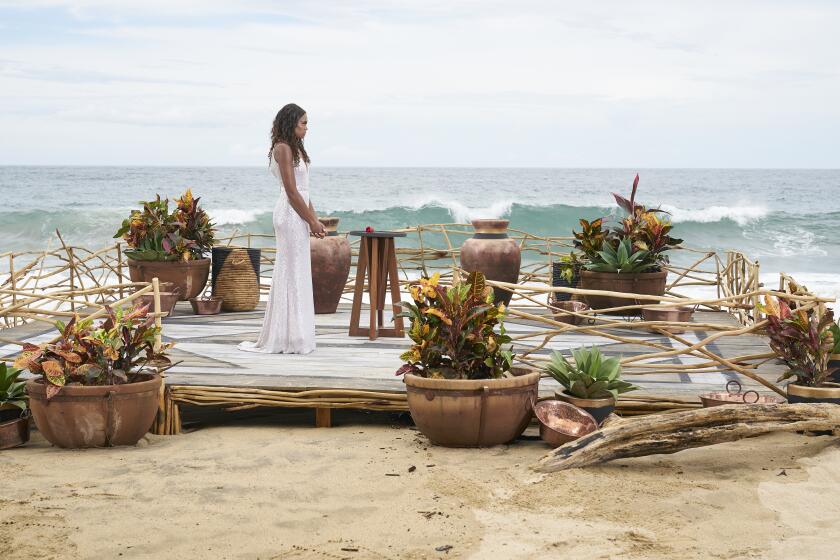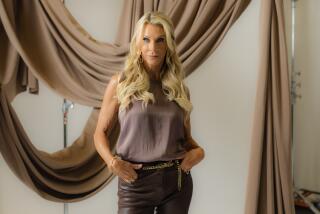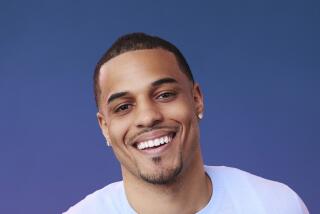‘The Bachelor’s’ crisis over race runs deeper than its creator
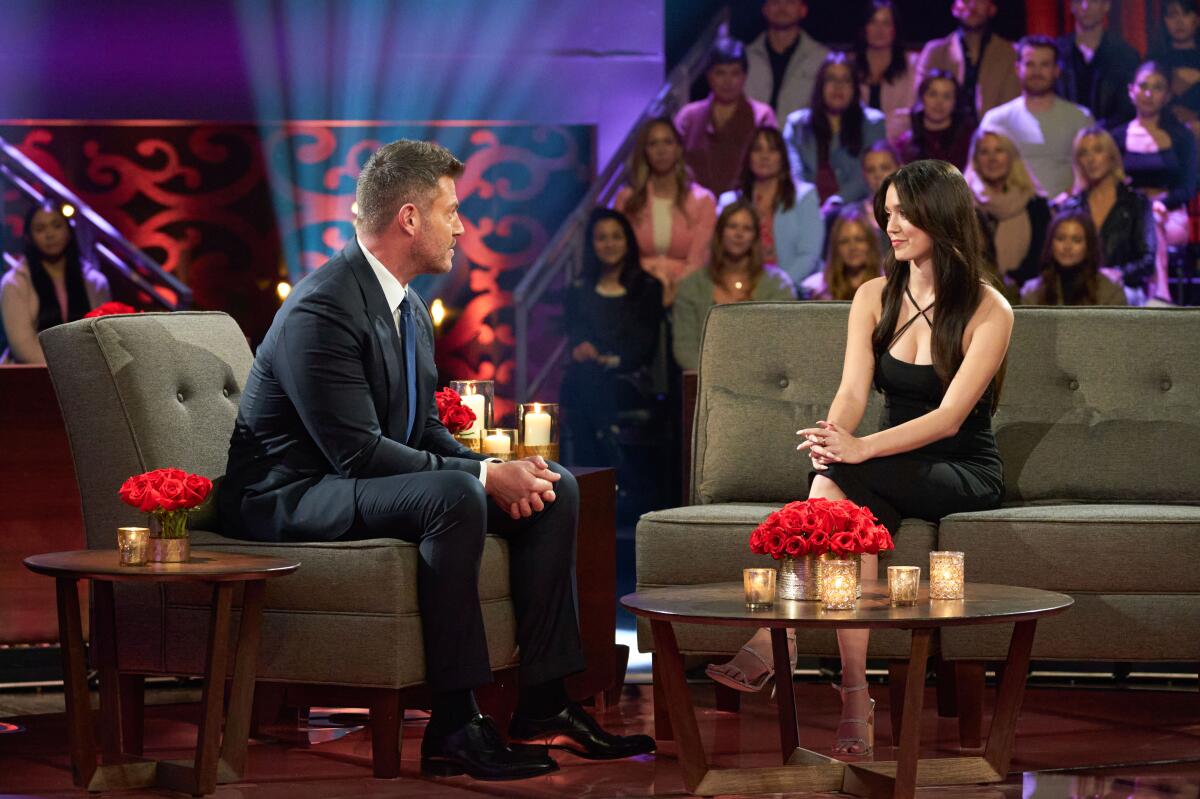
- Share via
Michelle Young’s love story on her season of “The Bachelorette” did not end in happily-ever-after. Like most couples who have ended up engaged from their stint on ABC’s popular reality franchise, she and sales executive Nayte Olukoya split just months after she presented him with her final rose.
But instead of nursing a broken heart, Young channeled her celebrity as the series’ third Black female lead into other endeavors, using her platform to support nonprofits, spread her philosophy about the importance of positivity, raise awareness about mental health and more.
The former Minnesota schoolteacher also continued to hold up the “Bachelor” banner, hopeful that the long-running dating franchise was poised to institute dramatic changes after facing years of criticism for its lack of racial diversity, cultural insensitivity, bullying of contestants of color and a host of other shortcomings.
After pledging ‘real change’ amid last year’s protests, ABC and owner Walt Disney Co. stayed silent as a firestorm over race consumed its reality-TV flagship.
Young was familiar with such turbulence from her own experience. She was ushered into “The Bachelor” during the chaotic 2021 tenure of lead Matt James, the first Black Bachelor, whose season unraveled amid a racism scandal that ultimately led to the exit of longtime host Chris Harrison.
Although Young engaged with producers on the subject, seeing some progress in repairing the damage wrought during James’ season, she soon grew frustrated. She bristled as producers continued to cast white male leads, bypassing popular Black frontrunners. She become more upset with the franchise’s failure to address the revelation, during the 2022 season of “The Bachelorette,” that contestant Erich Schwer had posed in blackface for his high school yearbook. Still, Young did not reach her breaking point until this year, when another uproar over issues of race rocked “The Bachelor” yet again: Medical tech representative Greer Blitzer, a contestant on the season that concluded late last month, had posted tweets — since deleted — where she defended a former classmate posing in blackface.
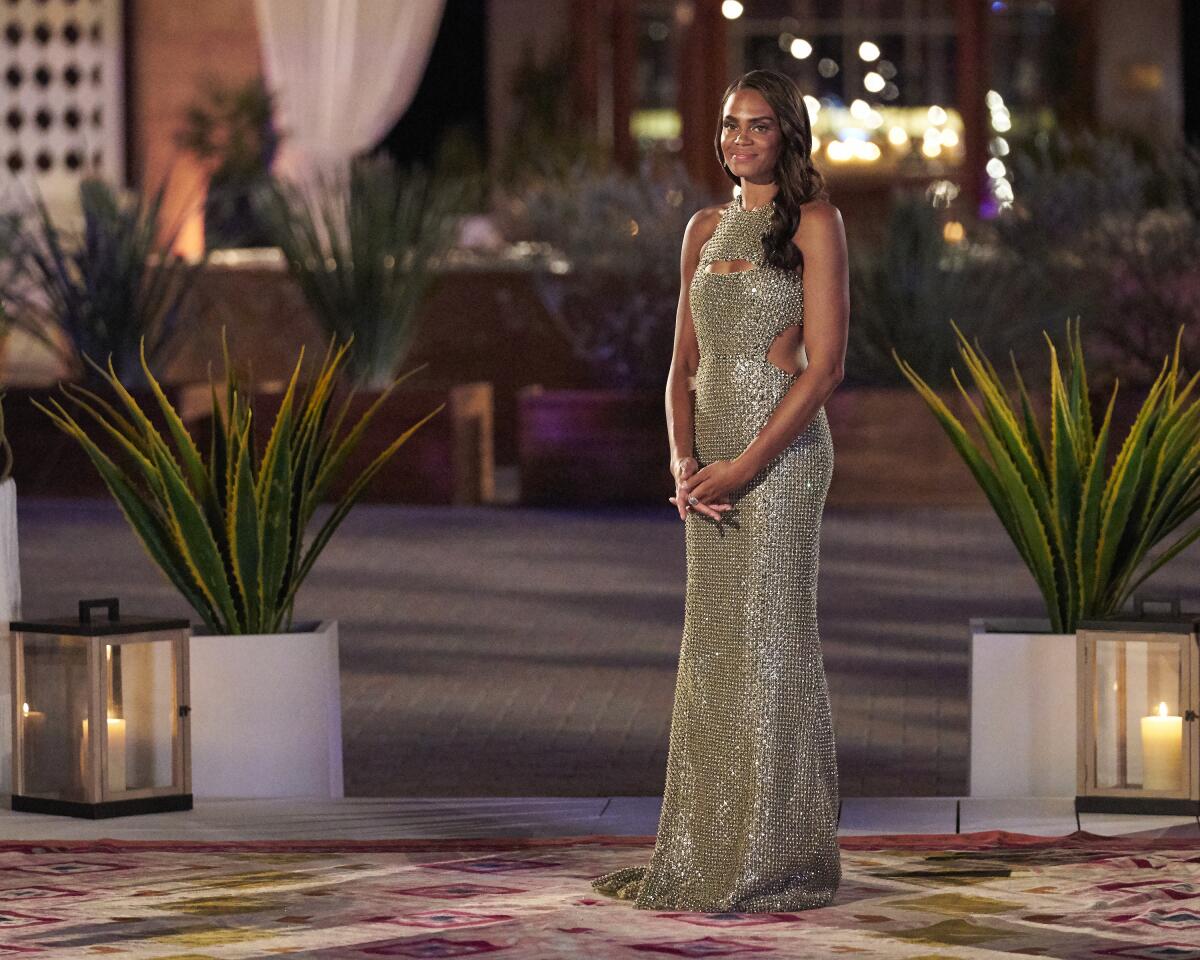
It was a new heartbreak for Young, one that hurt so much she threatened to abandon the franchise.
“You can’t keep hurting a community of people and different cultures like this. Otherwise, I’m out,” Young said she told producers. “It’s exhausting. ... How are you guys going to take accountability? How are you going to move forward? And do you understand that moving forward means repairing?”
The comments, made recently on the “2 Black Girls, 1 Rose” podcast, signal the depth of the crisis now facing “The Bachelor,” which has already been exited by two previous Black Bachelorettes, Rachel Lindsay and Tayshia Adams, and lambasted by its lone Black Bachelor. “We had the opportunity to have those tough conversations [about race],” James told The Times last year. “But the show missed the mark.” (Young declined to be interviewed for this story.)
Even before his season was rocked by scandal, Matt James found the experience ‘frustrating.’ His new memoir, ‘First Impressions,’ grew out of it.
Although Young has not departed — yet — the criticism and even repudiation of the franchise by its own Black stars comes as the past and future of television’s most formidable dating show are under fresh scrutiny. Last week, series creator Mike Fleiss announced that he was leaving “The Bachelor” after more than two decades, quickly followed by reports that Warner Bros. Television, which produces the show, had been investigating allegations of racial discrimination lodged against him by a number of employees. Warner Bros. Television and ABC declined to comment on the record for this story.
In a statement, Fleiss admitted that the franchise “didn’t keep up with the pace” of social change during his 21 years on the show and “could have done more” to improve diversity, but did not directly address the reported investigation.
Fleiss, who launched “The Bachelor” in 2002, established the template that for years favored predominantly white casts and emphasized frothy, glamorous love stories over the real-world realities of interracial dating, mental health and other important topics.
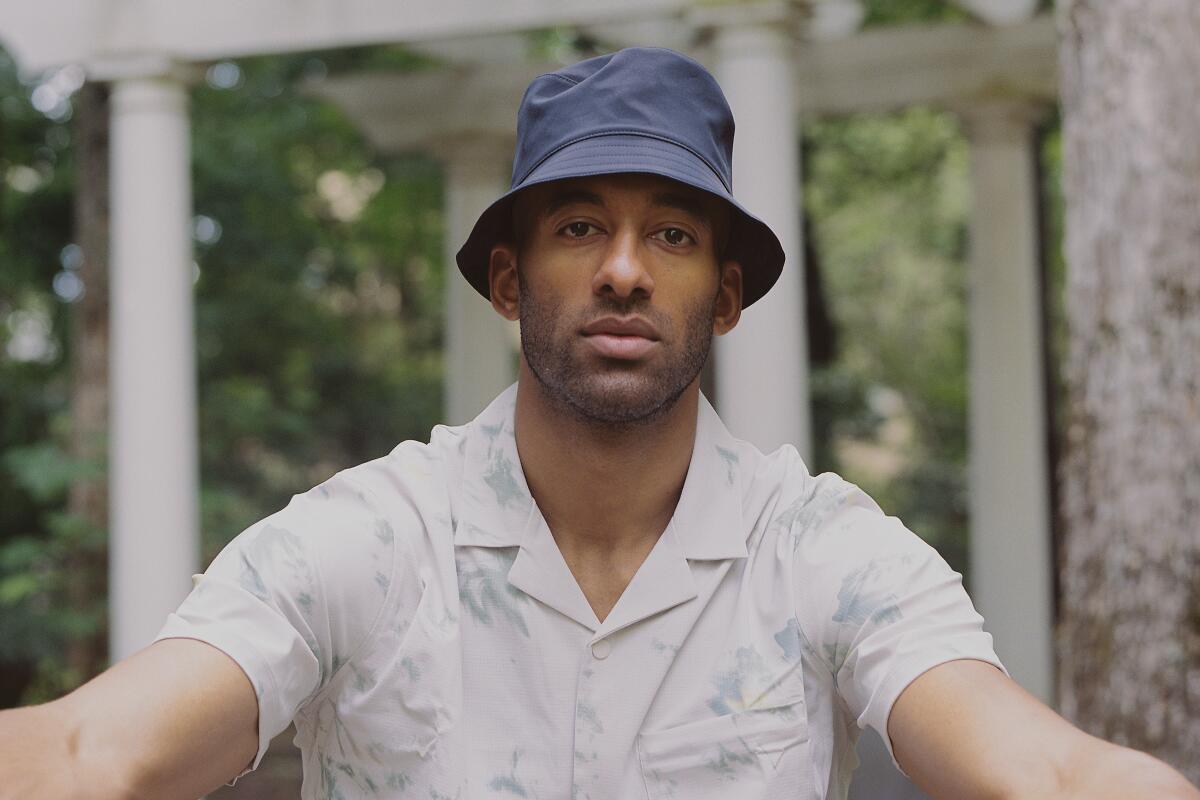
Based on the statements and actions of Black cast members, however, the problems now appear to extend to the institution itself. After all, amid the flurry of racial controversies in recent seasons, sources close to the production say Fleiss remained an active participant in the series, appearing on set and delivering notes. (Representatives for Fleiss claimed he had not been involved with day-to-day production for 10 years.) Until his departure, Fleiss enjoyed the support of Warner Bros. and Disney-owned ABC, including in a 2012 legal battle against two Black men, Nathaniel Claybrooks and Christopher Johnson, who claimed in a class-action lawsuit that “The Bachelor” and “The Bachelorette” had a clear pattern of discrimination barring people of color from being cast as leads.
A judge dismissed the suit, concluding that the series’ casting and creative content were protected by the 1st Amendment. Warner Bros. celebrated the decision in a statement at the time: “We felt from the onset this case was completely without merit and we are pleased the Court has found in our favor.”
Five years passed before Lindsay became the first Black Bachelorette, and nearly a decade before James assumed the mantle of the first Black Bachelor, the latter in the aftermath of the murder of George Floyd and the eruption of nationwide Black Lives Matter protests. For their part, Disney executives, who have repeatedly emphasized the company’s commitment to diversity and inclusion, remain publicly mum about the troubles plaguing one of the company’s most valuable properties.
Fleiss, who announced this week that he was leaving the franchise, admitted he ‘could have done more’ for diversity on the scandal-prone reality show.
Whatever Fleiss’ precise impact on the franchise’s problems with race, he leaves as the upcoming season of “The Bachelorette,” starring its fourth Black lead, Charity Lawson, faces a familiar set of daunting challenges. Taking over the reins starting with Lawson’s season are Claire Freeland, Jason Ehrlich and Bennett Graebner, who will serve as executive producers and showrunners. Former Bachelor Jesse Palmer will continue to host.
The new executive producing team and Palmer are all white.
That resembles the same scenario James faced when he was the star of “The Bachelor.” He has said that he felt betrayed after producers and then-host Harrison showed little interest in showcasing his personal story as a Black man who had encountered personal and professional difficulties, focusing instead on rom-com-flavored melodramas.
The situation worsened when photographs surfaced of eventual winner Rachael Kirkconnell at an antebellum South-themed party. Harrison defended Kirkconnell in a combative interview with Lindsay on “Extra,” which only stoked the controversy further.
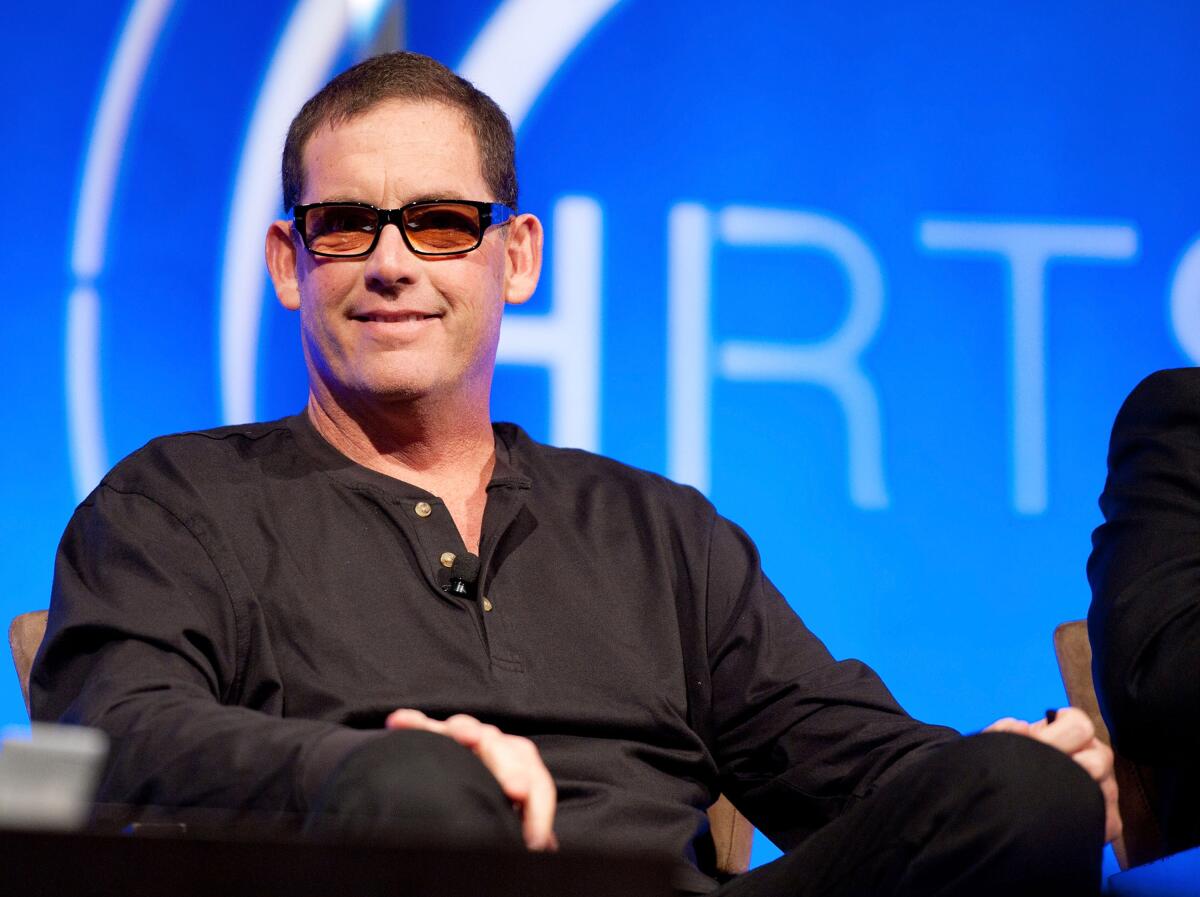
Following that disastrous season, Jodi Baskerville, who is Black, was promoted to be the franchise’s first Black executive producer.
Sources close to the franchise insist that a more thorough response to issues of diversity and cultural sensitivity is already underway. For instance, producers have engaged the services of a diversity, equity and inclusion expert, who has already met with Lawson and will consult on bringing greater equity and inclusion to the romantic journeys of the entire cast.
In addition, an outside agency, led by a woman of color, has been brought in to lead the process of casting contestants for Lawson’s season. Another woman of color has been promoted to a lead producer role and will work directly with Lawson.
Whether these changes will improve the franchise’s vetting of contestants remains to be seen. People who have exhibited offensive behavior or posted racist material on social media have now been cast repeatedly in seasons led by Black stars — a problem that seems only more glaring given that the material has been uncovered by fans after production or even the seasons’ airing have been underway.
Tuesday’s season finale caps a landmark season of ‘The Bachelorette.’ But the choice of the next Bachelor has left Black fans disappointed.
Producers faced one such furor during the 2022 season of “The Bachelorette,” starring Gabby Windey, after the photo resurfaced of Schwer, her chosen mate, posing in blackface. Instead of addressing the controversy in the season finale, the show sidestepped the issue, angering Young and former “Bachelorette” lead Kaitlyn Bristowe, who were guests on the episode.
“The show, Erich and Gabby had a real opportunity to use their voice and acknowledge blackface,” Bristowe wrote in an Instagram post at the time. Adding that she thought the topic would be confronted during the episode, she said, “It wasn’t, and that’s not OK.”
Young said on “2 Black Girls, 1 Rose” that when the controversy over Blitzer’s tweet erupted this season, she ordered producers to deal with Blitzer on air, or she would step away: “It was nonnegotiable.”
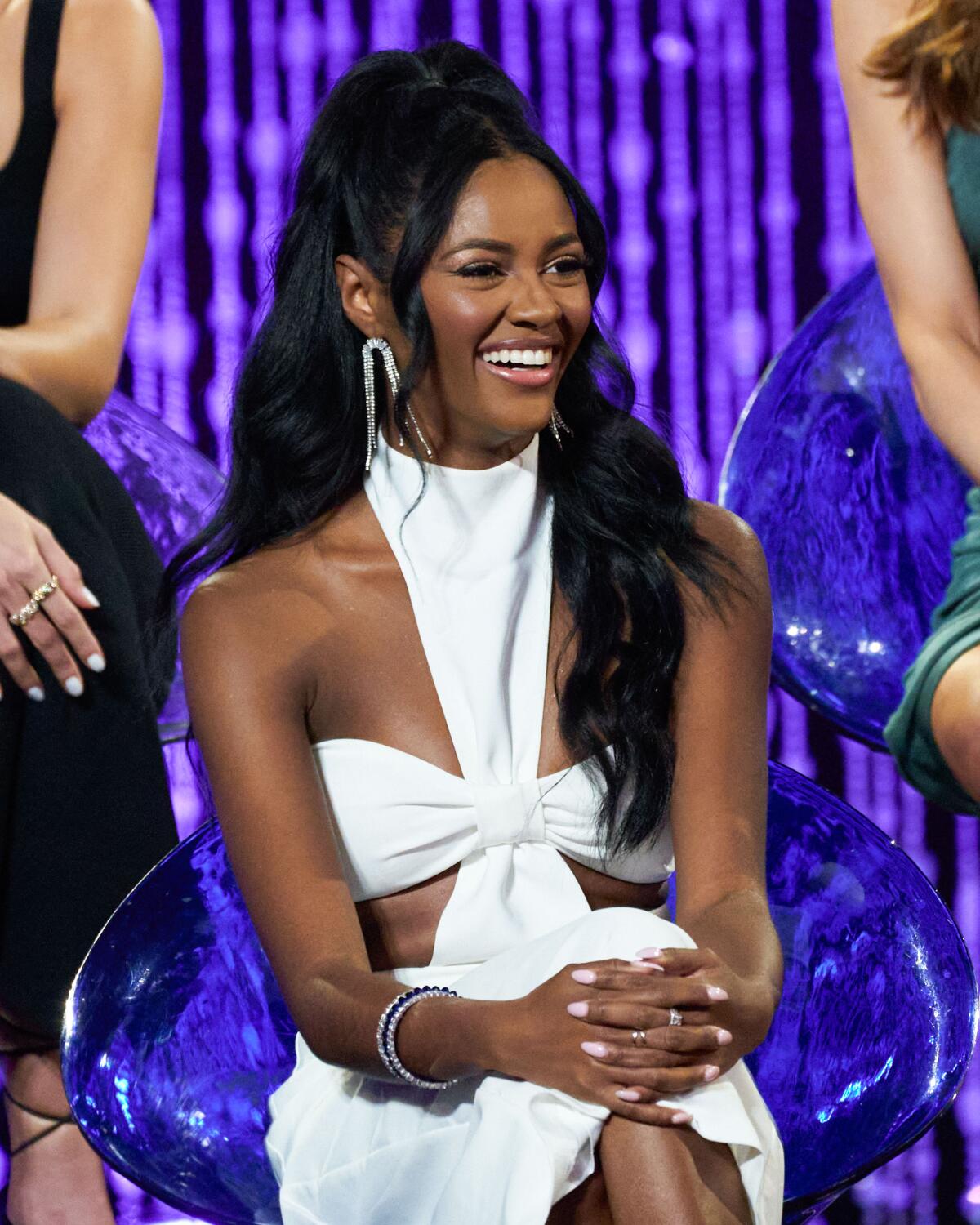
During the late-season “Women Tell All” episode, which reunited contestants who had been rejected by Bachelor Zach Shallcross, Palmer himself alluded to the franchise’s troubled history in raising the subject of Blitzer’s tweets. “The truth is, we’ve done a very poor job in the past of addressing serious topics head-on,” he said. “We’re not going to miss that opportunity tonight.”
Blitzer then faced Palmer and tearfully recorded her tale of heartache, claiming that she had neglected the core element of the controversy in her previous comments: “This acquaintance ... performing blackface was racist. My defending it was racist. My ignorance was racist. And I’m just so ashamed. I’m deeply sorry I hurt the Black community.”
When she finished, Palmer turned to noted diversity and inclusion consultant Kira Banks, who was in the audience. Banks explained that she had met with Blitzer and had educated her about the harmful symbolism of blackface. She added: “The reality is, we can’t ‘nice’ our way out of racism. So we can say the right thing, but what are we going to do? What actions are we going to take?”
For her part, Young praised Blitzer for taking accountability, a challenge she’s now issuing to “The Bachelor” itself. It’s one that seems especially important with the changing of the guard that follows Fleiss’ exit. “For [the franchise] to be successful, there has to be representation across all communities,” Young told “2 Black Girls, 1 Rose.” “Greer is doing the work to change. You need to do the work as a franchise to change.”
More to Read
The complete guide to home viewing
Get Screen Gab for everything about the TV shows and streaming movies everyone’s talking about.
You may occasionally receive promotional content from the Los Angeles Times.


